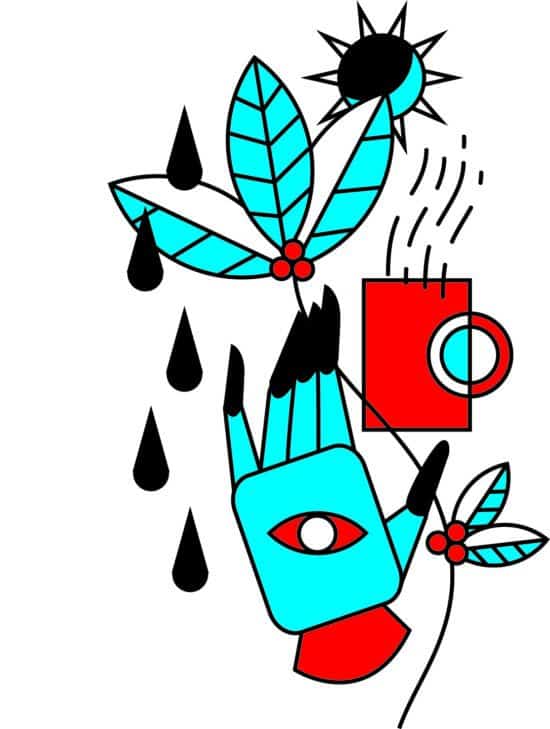If you’re like many university students, you’ve probably been drinking a cup of coffee or two a day since high school. But what happens when you give up caffeine entirely?
To give some backstory on my personal relationship with caffeine, I have been drinking coffee regularly since the beginning of grade 12. I quickly found myself consuming an entire pot of coffee a day, mostly due to my erratic sleep schedule at the time. Add in a summer job with free coffee and you might as well have started calling me Java Jack.
Now, I find myself finishing my second year of university and while I have lowered my caffeine intake a little, I still find myself drinking anywhere between two to four cups of coffee a day. With this in mind, I decided to take a day off in order to gauge the effects this heavy consumption has had.
Last Thursday, I woke up feeling groggy and far from well rested, mostly due to not having got to sleep until around 2 a.m. Remembering that I couldn’t have my morning coffee was definitely the worst part of the morning.
The biggest effect I felt was the disruption in routine. Normally, I would be going to campus to grab a coffee or bringing a homemade cup in my thermos. Unable to do either, I was at a loss. There was nothing to drink to get me going as I sat in my first class. I wasn’t having severe caffeine withdrawal symptoms — I just craved a damn fine cup of coffee.
It wasn’t until 2 p.m. that the full extent of what I had done came upon me. The little energy I had accumulated through sleep was gone and I crashed — hard. A headache plagued me, and what was meant to be an afternoon of catching up on schoolwork became laying on my bed watching YouTube videos and doing the bare minimum to continue to exist.
Distraught and devoid of almost all motivation, I decided that perhaps a quick workout at the gym would perk me up. Due to the exhausted state I was in, my workout consisted of some light treadmill jogging and lasted only around 45 minutes.
A little while into this, I started to feel a bit better and my headache lessened a bit, but as the night wore on I got incredibly tired and generally felt awful. By the end of the night, I was exhausted, and I went to sleep well before I usually do.
An earlier night was probably the only upside to cutting out caffeine, as far as a day-to-day effect goes. Going to bed earlier allowed me to have a longer and better sleep than I’d had in weeks.
By morning, I was feeling refreshed and ready to head out to campus to start my day — and immediately went and bought a cup of coffee. While I could certainly see the benefit of going caffeine-free, it’s just too close to finals to start working on my caffeine addiction just yet.
However, I did come away with one added tidbit of knowledge that may seem glaringly obvious to many. If I avoid consuming caffeine too late in the day, I sleep much better. Testing this out by having only a small amount of coffee in the morning and then avoiding caffeine later on, I found that I slept much better.
—
Jack Thompson / Staff Writer
Graphic: Laura Underwood / Layout Manager
Leave a Reply